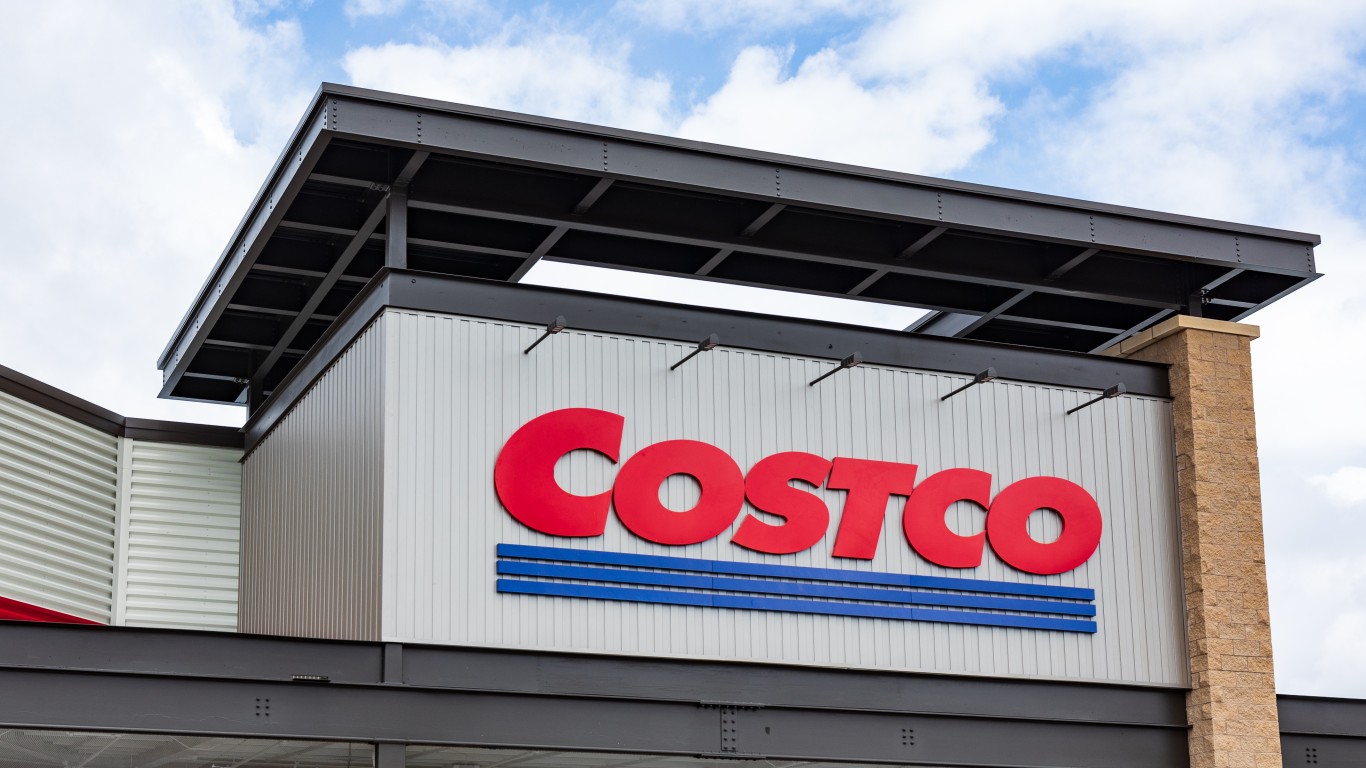
Beginning February 20, about 1.2 million hourly workers at Wal-Mart Stores Inc. (NYSE: WMT) will begin earning a minimum of $10 an hour. Last April, Wal-Mart raised its minimum wage to $9 an hour with the promise of a second raise this year.
The company said it has committed a total of $2.7 billion over the two years to wage hikes, more training and better benefits for its hourly workers. In its annual report for 2015, Wal-Mart estimated the cost of the total package would be about $1 billion in fiscal year 2016.
When CEO Doug McMillon announced the wage increases last year, he said the company expected that the total package would cost about $0.20 per share in earnings for the 2016 fiscal year ending later this month. At the end of October, Wal-Mart reported 3.2 billion shares outstanding, which pencils out to an investment of $640 million in its hourly workers.
Wal-Mart said the average pay for a full-time employee will be $13.38 per hour and the average for a part-time employee will be $10.58 per hour once the February pay hike takes effect. About half of the 1.2 million hourly workers are part time, so by averaging the two averages we get a combined average of $11.98 per hour.
[ims_survey]
Following Wal-Mart’s April 2015 pay increase, the average hourly wage for a full-time worker was rose to about $13. Part-time worker pay rose to about $10, according to a report at CNNMoney. That averages to $11.50 for all workers, so being generous, Wal-Mart’s labor cost will rise by about 50 cents an hour next month.
Assuming that an average employee puts in 2,000 hours a year, that’s $1,000 per year times 1.2 million workers, or a total cost of around $1.2 billion. That’s about $0.38 a share based on the October total.
Wal-Mart stock traded up about 2.2% Thursday morning, at $62.07 in a 52-week range of $56.30 to $89.26.
Get Ready To Retire (Sponsored)
Start by taking a quick retirement quiz from SmartAsset that will match you with up to 3 financial advisors that serve your area and beyond in 5 minutes, or less.
Each advisor has been vetted by SmartAsset and is held to a fiduciary standard to act in your best interests.
Here’s how it works:
1. Answer SmartAsset advisor match quiz
2. Review your pre-screened matches at your leisure. Check out the advisors’ profiles.
3. Speak with advisors at no cost to you. Have an introductory call on the phone or introduction in person and choose whom to work with in the future
Thank you for reading! Have some feedback for us?
Contact the 24/7 Wall St. editorial team.



